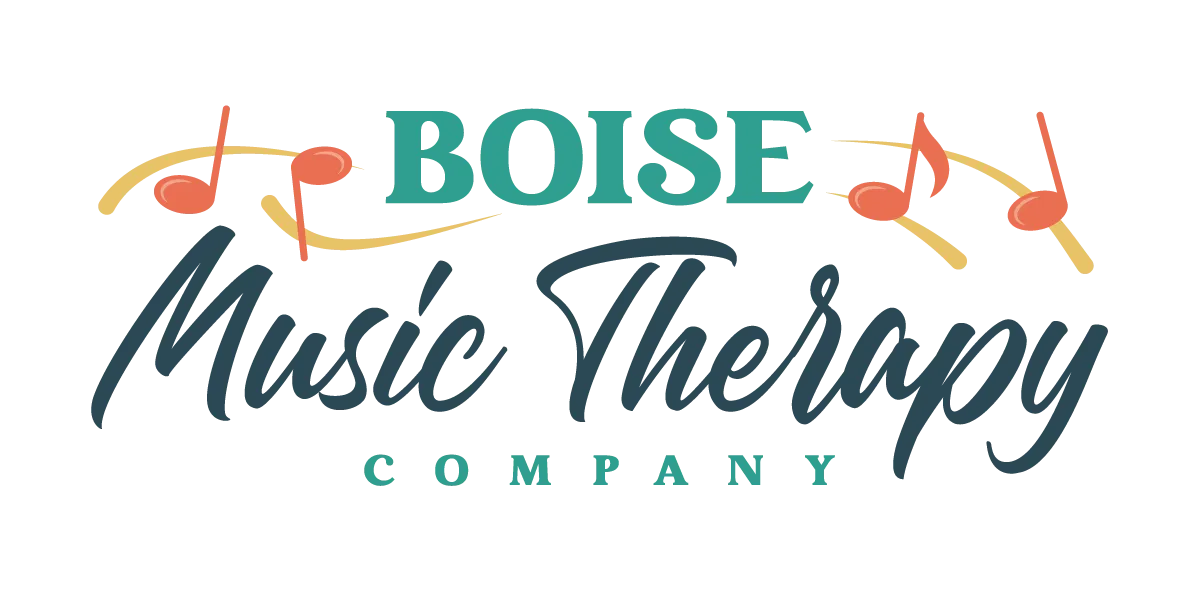Harmony in
Neurodiversity
THE BLOG
Welcome to Harmony in Neurodiversity, a blog dedicated to exploring the profound impact of music and positive parenting strategies on the lives of neurodivergent individuals. Join Samantha, a board-certified Neurologic Music Therapy fellow and a passionate Positive Discipline Parent Educator, as she shares her expertise in leveraging the power of music and effective parenting approaches to support and empower neurodiverse communities.
In her blog posts, Samantha delves into the intricate connections between music and the brain. She explores how specific musical elements and interventions can enhance cognitive functions, regulate emotions, improve communication, and promote social interaction among neurodivergent individuals. Through insightful articles and case studies, she demonstrates how rhythm, melody, and lyrics can serve as powerful tools for therapeutic interventions, fostering growth and self-expression.
Positive Discipline Parenting Strategies:
Drawing from her expertise as a Positive Discipline Parent Educator, Samantha sheds light on nurturing positive relationships between parents and neurodivergent children. Her blog offers practical advice, evidence-based strategies, and real-life anecdotes that empower parents and caregivers to cultivate respectful, encouraging, and effective parenting techniques. From setting clear boundaries to fostering a supportive environment, Samantha guides readers in navigating the challenges and joys of parenting neurodiverse children.
Exploring Intersectionality:
Samantha doesn't limit her discussions to singular approaches. Instead, she delves into the intersectionality of Neurologic Music Therapy and Positive Discipline Parenting, illustrating how these methodologies complement each other. Through her insightful content, she showcases how the harmonious integration of music-based interventions and positive parenting strategies can create holistic support systems for neurodivergent individuals, promoting their well-being and personal growth.
Community Engagement and Resources:
Additionally, Samantha fosters a vibrant online community where readers can engage, share experiences, and seek advice. She curates a wealth of resources, including recommended readings, workshops, and practical tools, empowering her audience to implement valuable insights into their lives effectively.

Embracing Technology to Empower Kids with ADHD and Autism
Embracing Technology to Empower Kids with ADHD and Autism
Gone are the days when screen time was seen only as a distraction. Today, innovative technologies are used to help kids develop essential cognitive skills. Technology can help kids improve focus, attention, and self-regulation—key areas where many neurodivergent kids often need support. Below are six examples of technology that you can use with your neurodivergent kids to help them create more calm and increase cognitive skills in their lives.
1. Educational Apps
Apps like Khan Academy Kids, ABC Mouse, and ABCya offer personalized learning. My kids think they’re being sneaky when they ask to use them because they’re getting time on a device, but they are learning important skills while playing games.
2. Mindfulness and Meditation Apps
Apps like Headspace and Calm provide guided meditations and mindfulness exercises tailored for children. My son has a very hard time falling asleep due to intrusive and anxious thoughts that are worse at night. He is able to calm his mind and fall asleep with sleep stories made for kids. You can even get sleep stories on YouTube if you don’t want to have a subscription-based app.
3. Interactive Whiteboards
Smartboards and other interactive whiteboards can turn traditional learning into a dynamic experience. Kids can engage directly with the material, making learning more hands-on and interactive.
4. Wearable Technology
Wearables like the Embrace Watch track physiological signals to help detect and manage anxiety. These devices can provide real-time feedback and support, helping kids recognize and respond to their own emotional states. My son has a GABB watch that helps me know where he’s at if he’s not with me. He is also able to call and text pre-programmed contacts.
5. Screen Time for Self-Regulation
For kids with PDA, controlled screen time can be a valuable tool for self-regulation. Apps and games that promote relaxation and focus can help these children manage their responses to demands and reduce anxiety. It’s all about finding the right balance and ensuring the content is beneficial rather than overstimulating.
6. Virtual Reality (VR) and Augmented Reality (AR)
VR and AR can create immersive environments for social skills training and sensory integration. Programs like Floreo offer VR experiences designed to help kids practice social interactions and navigate different scenarios in a safe, controlled setting. Another game that is beneficial is Skylar’s Run.
How Skylar's Run Works
Skylar's Run is no ordinary video game. It’s a tool specifically designed to teach and reinforce 13 critical cognitive skills through an engaging and interactive experience.
Here's how it breaks down:
- Focus and Attention: The game measures brainwaves using a simple headset, adjusting its difficulty in real-time to keep players in the optimal learning zone. This helps kids stay attentive to tasks and reduces distractibility.
- Self-Regulation: Players learn to control impulses and make thoughtful decisions, which are crucial for managing behaviors both in school and at home.
- Working Memory: Future modules will focus on enhancing working memory, making it easier for kids to follow directions and retain information.
Real-World Benefits
In research trials of Skylar’s Run, kids showed significant improvements in academic performance, jumping ahead in math and reading skills within just six weeks. But it’s not just about academic gains. Parents and teachers report calmer, more focused children who are ready to learn and succeed.
Why Technology Matters
Using technology to support neurodivergent kids offers a range of advantages:
Accessibility
Technological tools are designed to be flexible and versatile, allowing kids to use them at home, in school, or in therapeutic settings. This ensures that they can benefit from consistent support across different environments.
Engagement
Whether it’s through interactive video games like Skylar's Run, educational apps like Khan Academy Kids, or immersive VR experiences like Floreo, these tools keep kids motivated and invested in their progress. The engaging nature of these technologies helps maintain their interest and encourages active participation.
Personalization
One of the biggest strengths of technology is its ability to adapt to each child’s unique needs. Games like Skylar's Run adjust their difficulty in real-time based on brainwave measurements, while apps and wearables provide tailored feedback and support. This ensures that kids are always learning and growing at their optimal pace.
We’d love to hear your thoughts on using technology to help kids with ADHD and autism. Have you tried similar tools? What has worked for your family? Let us know in the comments below or give us a shout-out on social media.
To get more support around helping empower your kids, check out our Resource Page HERE (https://www.boisemusictherapycompany.com/resources).


